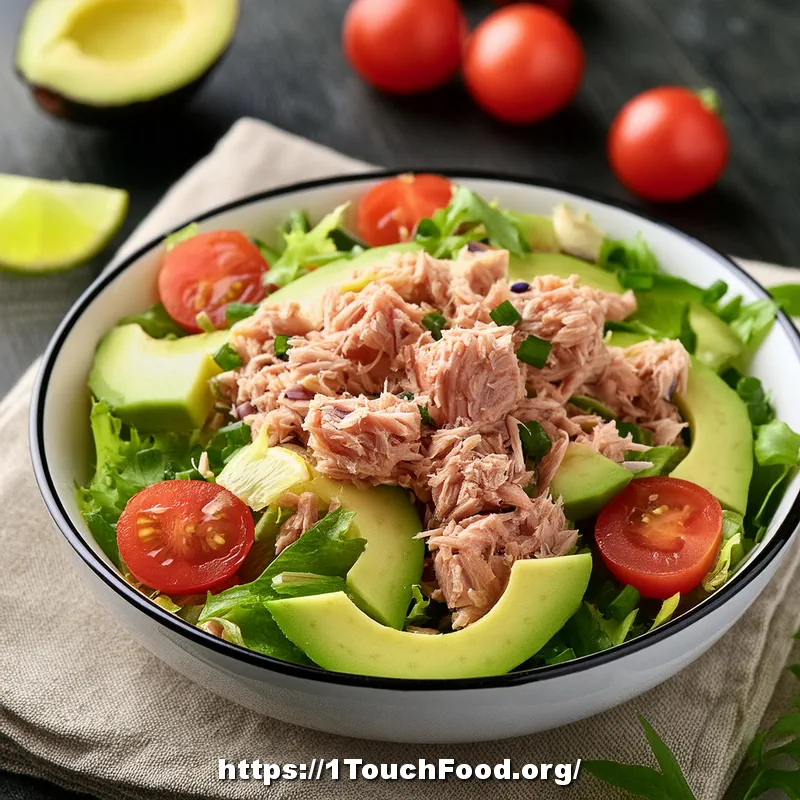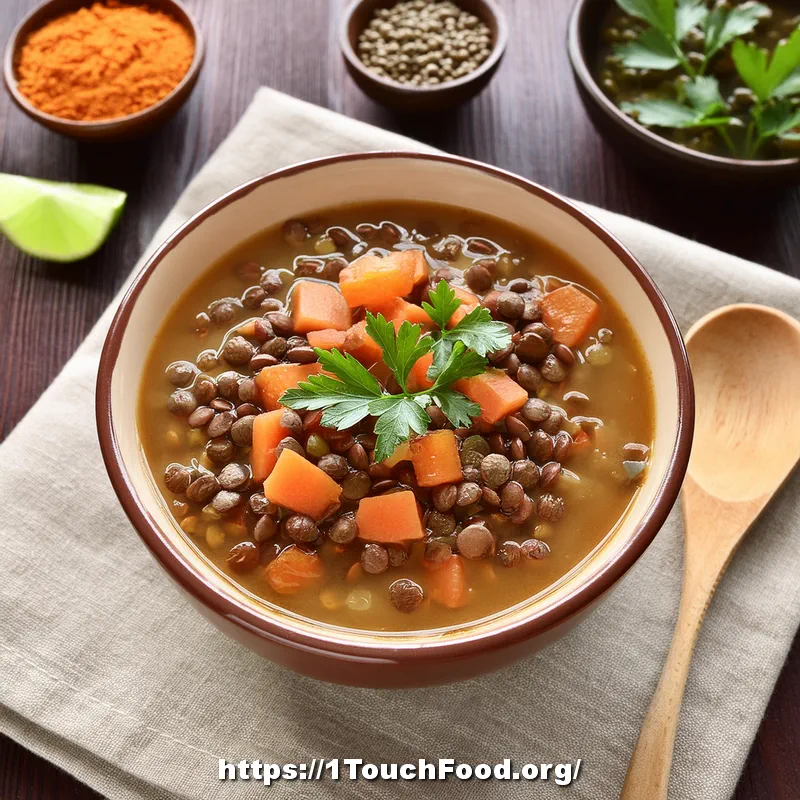The Benefits of Meal Prep for Athletes: Fueling Your Body for Success

Welcome to Benefits of Meal Prep for Athletes. As an athlete, you know that nutrition plays a pivotal role in your performance and overall well-being. Consuming the right foods at the right times can help you optimize your energy levels, enhance your recovery, and support your training goals. However, with demanding training schedules, competitions, and other commitments, it can be challenging to consistently make healthy and nutritious food choices.
This is where meal prepping emerges as a game-changer. Meal prepping is the practice of preparing meals in advance, typically for the week ahead. It involves planning your meals, creating shopping lists, and cooking or assembling food portions in advance. By taking the time to meal prep, you can ensure that you have access to healthy and convenient meals whenever you need them, even on the go.
The Benefits of Meal Prep for Athletes
The benefits of meal prep for athletes are numerous and well-documented. Here are some of the key advantages:

Enhanced Nutrition:
Meal prepping empowers you to take control of your food choices and guarantee that you’re consuming the nutrients your body craves to perform at its best. You can tailor your meals to your specific dietary requirements and training goals, ensuring you get adequate amounts of protein, carbohydrates, healthy fats, vitamins, and minerals.
Improved Convenience:
With pre-prepared meals at your disposal, you can bid farewell to last-minute unhealthy food choices or skipping meals altogether. Having readily available, nutritious meals eliminates the stress and hassle of deciding what to eat, especially when you’re tired or pressed for time.
Time Management:
Meal prepping can be a significant time-saver, especially when you factor in the time spent grocery shopping, cooking, and cleaning up. By dedicating a block of time to prepare your meals for the week, you can free up valuable time for training, rest, and other important commitments.
Portion Control:
Meal prepping promotes portion control and helps you avoid overeating or making unhealthy food choices out of convenience or hunger. By preparing individual portions, you can manage your calorie intake and ensure that you’re not overindulging in unhealthy snacks or sugary drinks.
Reduced Expenses:
Eating out or relying on takeout can be a significant financial drain. Meal prepping allows you to save money by cooking at home and using fresh, whole ingredients. You can also reduce food waste by planning your meals carefully and using up all the ingredients you purchase.
Mental Clarity and Focus:
When you know you have healthy meals ready to go, you can eliminate the stress and anxiety of wondering what to eat next. This mental clarity can help you stay focused on your training and other goals, rather than being preoccupied with food choices.
Promote Healthy Habits:
Meal prepping can instill healthy eating habits that can extend beyond your athletic career. By learning to plan, prepare, and cook nutritious meals, you can set yourself up for a lifetime of healthy eating and improved overall well-being.

Tips for Successful Meal Prep for Athletes
To make the most of meal prep and reap its benefits, consider these tips:
Plan Your Meals:
Start by planning your meals for the week, considering your training schedule, nutritional needs, and personal preferences. Create a menu that includes a variety of nutrient-dense foods from all food groups.
Make a Shopping List:
Once you have your meal plan, create a comprehensive shopping list to ensure you have all the ingredients you need. This will save you time and prevent impulse purchases at the grocery store.
Choose Convenient Recipes:
Select recipes that are quick, easy to prepare, and can be made in bulk. Consider using slow cookers, Instant Pots, or other time-saving appliances to streamline the cooking process.
Cook Smart:
Cook large batches of protein sources like chicken, fish, or tofu, and use them in various meals throughout the week. Prepare grains like rice, quinoa, or pasta in advance and store them in individual portions.
Portion and Store:
Divide your prepared meals into individual portions using containers or reusable bags. Label each portion with the contents and date to ensure easy identification and prevent food waste.

Variety is Key:
Avoid monotony by incorporating a variety of flavors, textures, and cuisines into your meal prep routine. Explore new recipes and experiment with different ingredients to keep your meals interesting and enjoyable.
Make It Social:
Meal prepping can be a fun and social activity. Invite friends, family, or fellow athletes to join you in the kitchen, turning it into a bonding experience while promoting healthy habits together.
Remember: Meal prepping is not about perfection; it’s about progress and convenience. Start small, adapt to your schedule and preferences, and gradually incorporate meal prepping into your routine to reap its numerous benefits and fuel your athletic journey towards success.
The Athlete’s Advantage: Tailoring Meal Prep for Your Specific Needs
While the core benefits of meal prep apply to all athletes, there are some nuances to consider when tailoring your meal prep routine to your specific sport or training program. Here’s how to optimize your prep based on your athletic demands:
-
Endurance Athletes (Runners, Cyclists, Swimmers): For endurance athletes, focus on meals rich in carbohydrates to fuel long training sessions. Include complex carbs like brown rice, sweet potatoes, and whole-grain pasta, alongside lean protein sources like chicken breast or fish. Don’t forget healthy fats like avocados or nuts for sustained energy.
-
Strength Athletes (Weightlifters, Powerlifters): Strength athletes require a balance of protein and carbohydrates to build muscle and support recovery. Incorporate protein-rich options like chicken breasts, lean ground beef, or lentils into your meals. Pair them with moderate amounts of complex carbohydrates for energy, and healthy fats to support hormone function.
-
Team Sport Athletes (Soccer, Basketball): Team sports demand a balance of all three macronutrients. Focus on protein for muscle repair, carbohydrates for energy bursts during games, and healthy fats for overall health. Include a variety of protein sources like lean meats, fish, and eggs, along with complex carbs and healthy fats from sources like nuts, seeds, and olive oil.

Beyond Macronutrients: Micronutrient Power
While macronutrients (protein, carbohydrates, and fats) are crucial, micronutrients (vitamins and minerals) play a vital role in athlete health and performance. Ensure your meals are packed with a variety of fruits and vegetables to provide essential vitamins, minerals, and antioxidants.
-
Fruits: Include a variety of colorful fruits like berries, oranges, and bananas for vitamins, antioxidants, and natural sugars for quick energy.
-
Vegetables: Aim for a rainbow of vegetables on your plate. Leafy greens are rich in vitamins and minerals, while cruciferous vegetables like broccoli and cauliflower provide important phytonutrients.
Pro-Tips for Busy Athletes
Life as an athlete can be hectic, but with some clever strategies, you can integrate successful meal prep into your routine. Here are some pro-tips to make it work for you:
-
Prep on Rest Days: Dedicate a block of time on your rest days to meal prep. This allows you to focus on cooking and assembling meals without feeling rushed.
-
Batch Cooking is Your Friend: Cook large batches of protein sources like chicken breasts or ground turkey. You can use them in various dishes throughout the week, saving you time and effort.
-
Pre-Chop and Pre-Portion: Spend some time pre-chopping vegetables, fruits, or cooked grains. This saves time during the week when you’re assembling meals. Portioning cooked protein sources and carbohydrates in advance also keeps things convenient.
-
Utilize Leftovers Strategically: Plan meals that can be easily repurposed for leftovers. Leftover roasted chicken can be used in salads or wraps for lunch the next day.
-
Embrace Convenience: Utilize frozen vegetables and pre-cooked brown rice or quinoa to save time on chopping and cooking. However, prioritize fresh ingredients whenever possible.
Meal Prep for athletes to the Win

By incorporating meal prep into your routine, you can take control of your nutrition, optimize your performance, and free up valuable time to focus on training and recovery. Remember, consistency is key! Start small, find a system that works for you, and enjoy the numerous benefits that meal prep offers on your athletic journey.
Bonus: Sample Meal Prep Plan for Athletes
This is just a sample plan, and you can adjust it based on your specific needs and preferences.
Day 1:
- Breakfast: Overnight Oats with Berries and Chia Seeds
- Lunch: Chicken Breast with Brown Rice and Roasted Vegetables
- Dinner: Salmon with Quinoa and Steamed Broccoli
Day 2:
- Breakfast: Greek Yogurt with Granola and Fruit
- Lunch: Turkey Veggie Wrap with Whole-Wheat Tortilla
- Dinner: Lentil Soup with Whole-Grain Bread
Day 3:
- Breakfast: Scrambled Eggs with Spinach and Whole-Wheat Toast
- Lunch: Chicken Salad Sandwich on Whole-Wheat Bread
- Dinner: Beef Stir-Fry with Brown Rice and Mixed Vegetables
Day 4:
- Breakfast: Smoothie with Protein Powder, Fruits, and Spinach
- Lunch: Leftover Chicken Breast with Salad
- Dinner: Vegetarian Chili with Whole-Grain Crackers
Day 5:
- Breakfast: Protein Pancakes with Berries and Maple Syrup
- Lunch: Tuna Salad with Mixed Greens and Whole-Wheat Crackers
- Dinner: Baked Salmon with Roasted Sweet Potato and Asparagus
This meal prep plan provides a variety of protein sources, complex carbohydrates, healthy fats, and essential vitamins and minerals to support your athletic performance. Remember to adjust portion sizes and specific ingredients based on your individual needs and calorie goals.
Beyond the Basics: Meal Prep Hacks for Different Dietary Needs
The beauty of meal prep lies in its flexibility. Here are some tips to adapt meal prep to different dietary needs:
-
Vegetarian Athletes: Focus on plant-based protein sources like beans, lentils, tofu, tempeh, and seitan. Include plenty of whole grains, vegetables, and nuts for a balanced vegetarian meal plan.
-
Vegan Athletes: Ensure you’re getting enough protein through plant-based sources like legumes, tofu, tempeh, and quinoa. Include a variety of vegetables, fruits, and healthy fats like avocados and nuts to meet your nutritional needs.
-
Gluten-Free Athletes: Choose gluten-free grains like quinoa, brown rice, and buckwheat. Opt for gluten-free protein options like chicken, fish, beans, and lentils. Be sure to check food labels carefully to avoid hidden gluten sources.
-
Athletes with Allergies or Intolerances: If you have allergies or intolerances, carefully plan your meals to avoid trigger ingredients. Utilize online resources and cookbooks specifically designed for your dietary restrictions.

Meal Prep for Long-Term Success
Meal prep is a fantastic tool for athletes, but it’s important to maintain a healthy relationship with food. Here are some tips to avoid burnout and ensure long-term success:
-
Incorporate Variety: While planning your meals, include a variety of flavors and textures to keep things interesting. Explore different cuisines and experiment with new recipes to prevent boredom.
-
Leave Room for Spontaneity: Don’t feel obligated to eat prepped meals every single day. Allow some flexibility to enjoy occasional meals out or spontaneous social gatherings.
-
Don’t Be Afraid to Leftover Remix: Get creative with leftover ingredients! Leftover roasted vegetables can be used in omelets or stir-fries, and leftover cooked grains can be added to salads or soups.
-
Prioritize Fresh Ingredients: Whenever possible, choose fresh ingredients for your meal prep. Frozen vegetables and pre-cooked grains can be convenient, but fresh produce offers optimal nutritional value.
-
Meal Prep is a Journey, Not a Destination: There will be days when sticking to your meal prep plan feels challenging. Don’t be discouraged! View meal prep as a journey and adapt it to your ever-changing needs and preferences.
Conclusion
By incorporating meal prep into your routine, you can empower yourself to take control of your health and performance as an athlete. Meal prepping offers numerous benefits, from improved nutrition and time management to enhanced convenience and mental clarity. Remember, consistency is key! Start small, find a system that works for you, and enjoy the empowering freedom and positive impact that meal prep can have on your athletic journey.
So, are you ready to embrace the power of meal prep? With a little planning and effort, you can unlock a world of convenience, healthy eating, and ultimately, athletic success!
Enjoy! See our youtube. Quench your thirst and revitalize your body with our collection of refreshing and hydrating recipes. All athletes must pay close attention to their nutrition to achieve optimal performance. You can see Incorporating Superfoods into Your Athletic Diet. Its very useful for athletes.












Leave a Reply